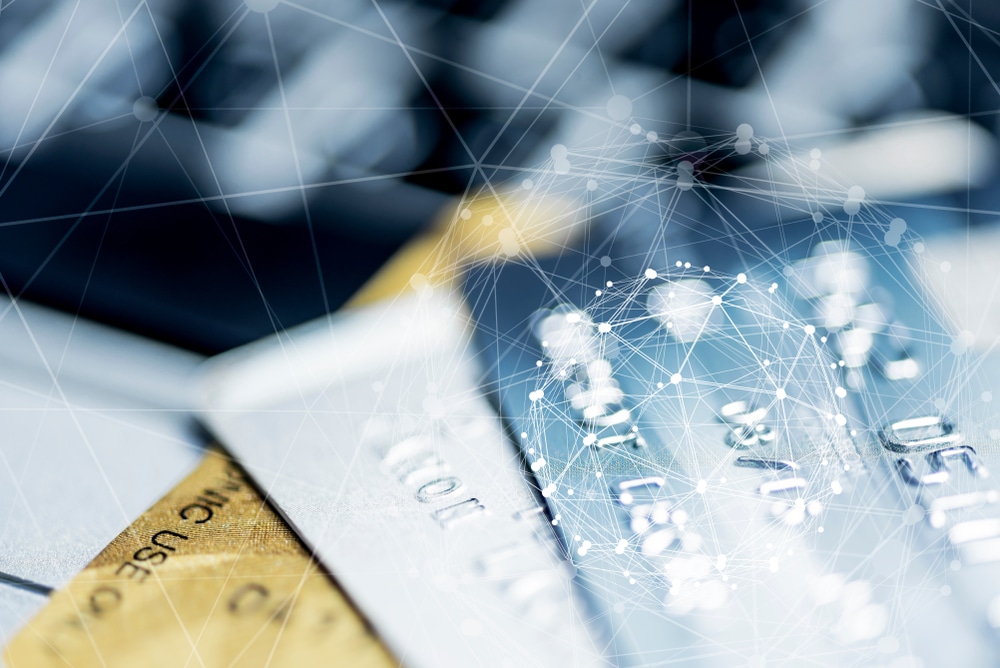As an adult in the US, there are times when we face the inconvenience of having to verify our identity in order to make a purchase. For example, if you wish to buy alcohol or tobacco, you must show proof of identity and age. In many states, you must do the same to purchase a can of spray paint (talk about annoying friction!). No matter the product or service, having to verify one’s identity can be an inconvenience.
It’s also not uncommon to see someone go through a similar experience for buying a SIM card, applying online for a credit card or signing up for a carpooling service. Verifiable and legitimate information about the customer’s identity has become a necessity for most regulated businesses today. This results in better fraud reduction, and also creates a trusted business environment where customers feel secure.
The good news is that AI, facial and behavioral biometrics, process automation, and machine learning technologies are addressing the verification challenges of today’s connected, global business arena. Advanced identity verification not only benefits the customer but also the business in more ways than one. Here are some:
Enhanced Onboarding Experience
As today’s ‘digital’ customers expect a seamless onboarding experience, identity verification cannot be a stumbling block. They no longer welcome manual processes that are tedious and time-consuming. Similarly, business stakeholders can tolerate neither abandonment due to poor experiences nor the rejection of good customers. A smart identity verification system can help verify and onboard the right customers faster with online verification and real-time auto acceptance. This bolsters trust, raises brand equity, and balances security with user experience.
Expanded Customer Base
Gone are the days when the speed of verification was dependent on the location of the customer’s residence or office. The factors of time and distance resulted in a limited number of verifications on any given day or month. The rise of digital technology has made it possible to reach and onboard more real people in real-time without the need to meet them. Also, the switch to omnichannel methods has brought simplicity and efficiency to the task of verification. What does this mean for the business? The possibility to acquire more customers across geographies.
Improved Conversion Rates
If identity verification happens at a snail’s pace, the efficiency of customer onboarding will also be impacted adversely. The back-and-forth travel and correspondence by document collection personnel adds to this challenge and extends the lead-to-customer conversion time. Today’s advanced technologies and online auto-approval processes have caused businesses to rethink their investment in technology-led verification options. Unlike other good-to-have technologies, a good identity verification solution can guarantee an ROI. According to a McKinsey study, a digital-ID enabled process can reduce customer on boarding costs by a whopping 90%.
Assured Regulatory Compliance
No two customers are alike! Similarly, regulations vary from state to state and country to country. It can be a struggle for them to comply with regulatory requirements like CIP, KYC, and AML. At the same time, it pays to know the customer well. Automation is the only way out of this conundrum. New-age identity verification systems use the scientific accuracy of algorithms and machine learning to match physical attributes with approved identities in milliseconds. Such systems also reduce false positives and curtail fraudulent activities—ensuring that the customer and the business need not wrestle with legal issues.
In Conclusion
As digital identity verification technology becomes more accurate and less expensive, more companies are moving towards it—and away from the easily defeated, rules-based methods. Choosing the right method and technology is a crucial decision that can make a massive difference to a company and the way it does business with its customers. Take it seriously!

Socure
Socure is the leading platform for digital identity verification and trust. Its predictive analytics platform applies artificial intelligence and machine learning techniques with trusted online/offline data intelligence from email, phone, address, IP, device, velocity, and the broader internet to verify identities in real time.





